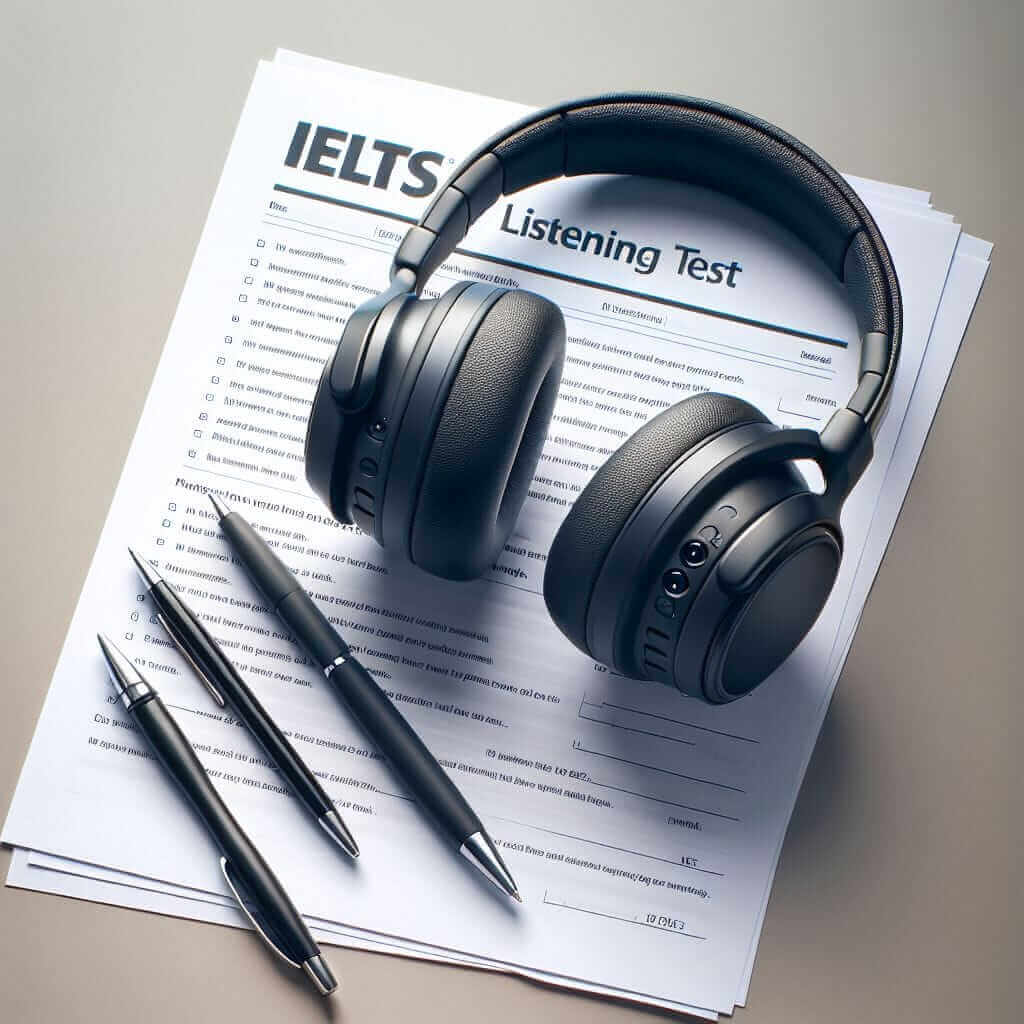Introduction: Mastering Multiple Choice Questions for IELTS Listening Success
The IELTS Listening section can be a challenging aspect of the exam, particularly the Multiple Choice Questions (MCQs). These questions require not only strong listening comprehension but also effective test-taking strategies. As an IELTS instructor with over two decades of experience, I’ve helped countless students overcome this hurdle and achieve their desired scores. In this comprehensive guide, we’ll delve into proven techniques to effectively tackle MCQs and boost your overall performance in the IELTS Listening section.
Understanding IELTS Listening MCQs
MCQs in the IELTS Listening test assess your ability to understand specific information, key ideas, and the speaker’s overall message. You’ll listen to a recording and choose the correct answer from a list of options.
Types of MCQs
IELTS Listening MCQs typically fall into two categories:
- Choosing the best answer: Here, you’ll select the option that most accurately reflects the information presented in the recording, often requiring careful consideration of paraphrasing and synonyms.
- Completing a sentence or summary: These questions require you to choose the option that best completes a given sentence or summary based on the audio content.
Strategies to Crack IELTS Listening MCQs
1. Pre-Reading for Success
- Skim the questions and choices: Before the recording starts, quickly scan the questions and answer choices to get a general understanding of the topic and potential keywords.
- Identify keywords: Highlight crucial keywords in both the questions and answer options. This will help you focus your listening and anticipate relevant information.
- Predict possible answers: Based on your pre-reading, try to anticipate what the answers might be. This will make it easier to identify the correct answer while listening.
2. Active Listening is Key
- Focus on signposting language: Pay close attention to words and phrases that signal important information, such as “The main reason,” “However,” “On the other hand,” and “Finally.”
- Don’t get stuck on a single question: If you miss an answer, don’t dwell on it. Move on to the next question to avoid losing track of the recording. You’ll have time to return to unanswered questions later.
- Listen for synonyms and paraphrasing: Remember that the recording may use different words or phrases to express the same ideas presented in the questions and choices. Be prepared to identify synonyms and paraphrases.
3. Effective Elimination Techniques
- Eliminate obviously wrong answers: Once you’ve listened to the relevant section, eliminate any options that are clearly incorrect or contradict the information provided in the recording.
- Look for distractors: Be aware of distractors – answer choices that may seem plausible but are not supported by the information in the recording. These often contain keywords from the audio but are used in a different context.
- Focus on the most likely answer: If you’re unsure about the correct answer, focus on the options that seem most likely based on your understanding of the recording and your elimination process.
Example from IELTS Listening Test
Question: What is the main reason the speaker recommends this particular book?
Choices:
- A) It is written by a well-known author.
- B) It provides a comprehensive overview of the subject.
- C) It is available at a discounted price.
Audio Script: “While there are many books on the subject, I particularly recommend this one because it provides a comprehensive and accessible overview, even for those new to the field.”
Analysis:
- Keyword: “main reason”
- Eliminate distractors: Options A and C are not mentioned as the main reason in the audio.
- Correct answer: Option B directly aligns with the speaker’s statement about the book providing a “comprehensive overview.”

Tips for Success
- Practice regularly with IELTS listening tests: Familiarize yourself with the format, question types, and timings.
- Develop your vocabulary: A strong vocabulary is essential for understanding the recordings and identifying synonyms.
- Improve your listening skills: Listen to English language podcasts, news, documentaries, and TV shows to enhance your comprehension skills.
- Focus on your weaknesses: Identify the types of MCQs or listening situations you find most challenging and work on improving those areas.
Conclusion: Achieving Your Best IELTS Listening Score
Mastering MCQs in the IELTS Listening section is achievable with focused practice and the right strategies. By understanding the question types, applying active listening skills, and using effective elimination techniques, you can significantly improve your ability to answer these questions correctly. Remember to practice regularly, expand your vocabulary, and focus on your weaknesses to achieve your desired IELTS score.